August 29, 2025, 11:00 a.m. to 12:15 p.m. MDT
Hurricane Katrina at 20: Looking Back and Moving Forward
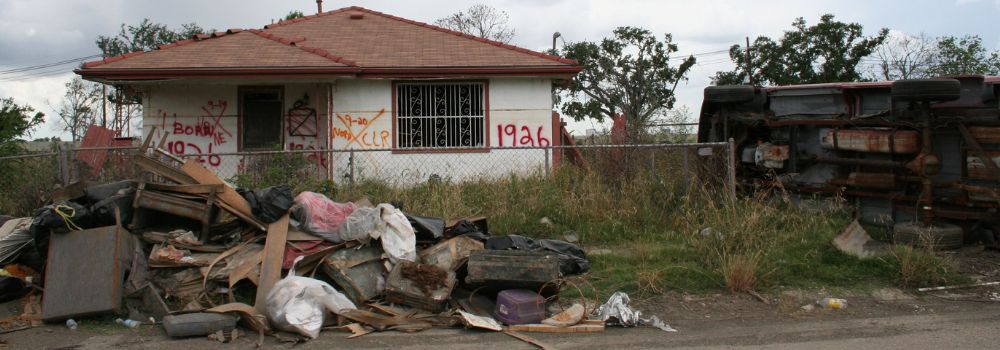 An abandoned home in New Orleans photographed one year after Katrina. Source: Shutterstock, 2006
An abandoned home in New Orleans photographed one year after Katrina. Source: Shutterstock, 2006
Webinar Description
August 29, 2025 marks the 20th anniversary of Hurricane Katrina. The hurricane and flooding that followed devastated the city of New Orleans and many other communities across the Gulf Coast, leaving an indelible mark on people’s lives. Katrina was a turning point disaster in American history, exposing deep environmental and social injustices as well as critical issues across the disaster lifecycle. The event, and the protracted recovery that followed, also profoundly influenced disaster research and emergency management practice.
This webinar will bring together authors from The Katrina Bookshelf. This series, edited by Kai Erikson and published by the University of Texas Press, examined many different dimensions of Katrina—ranging from cultural trauma to the impact on children. The books explore the many lessons Katrina taught us about the nature of disasters and about the social world.
We hope you can attend this webinar to learn more about the process of bringing the authors of the Bookshelf together. The panelists will reflect on how the response to Katrina shaped research, practice, and policy landscapes in the decades that followed. They'll also discuss lessons from Katrina that have been overlooked and progress that’s at risk of being rolled back.
This webinar will be recorded and posted on the Natural Hazards Center website after the event. Please remember to sign up for future webinars and free resources here.
Speakers:
Vern Baxter, University of New Orleans
Pamela Jenkins, University of New Orleans
Jacquelyn Litt, Rutgers University
Steve Kroll-Smith, University of North Carolina at Greensboro
Lori Peek, University of Colorado Boulder
The Katrina Bookshelf
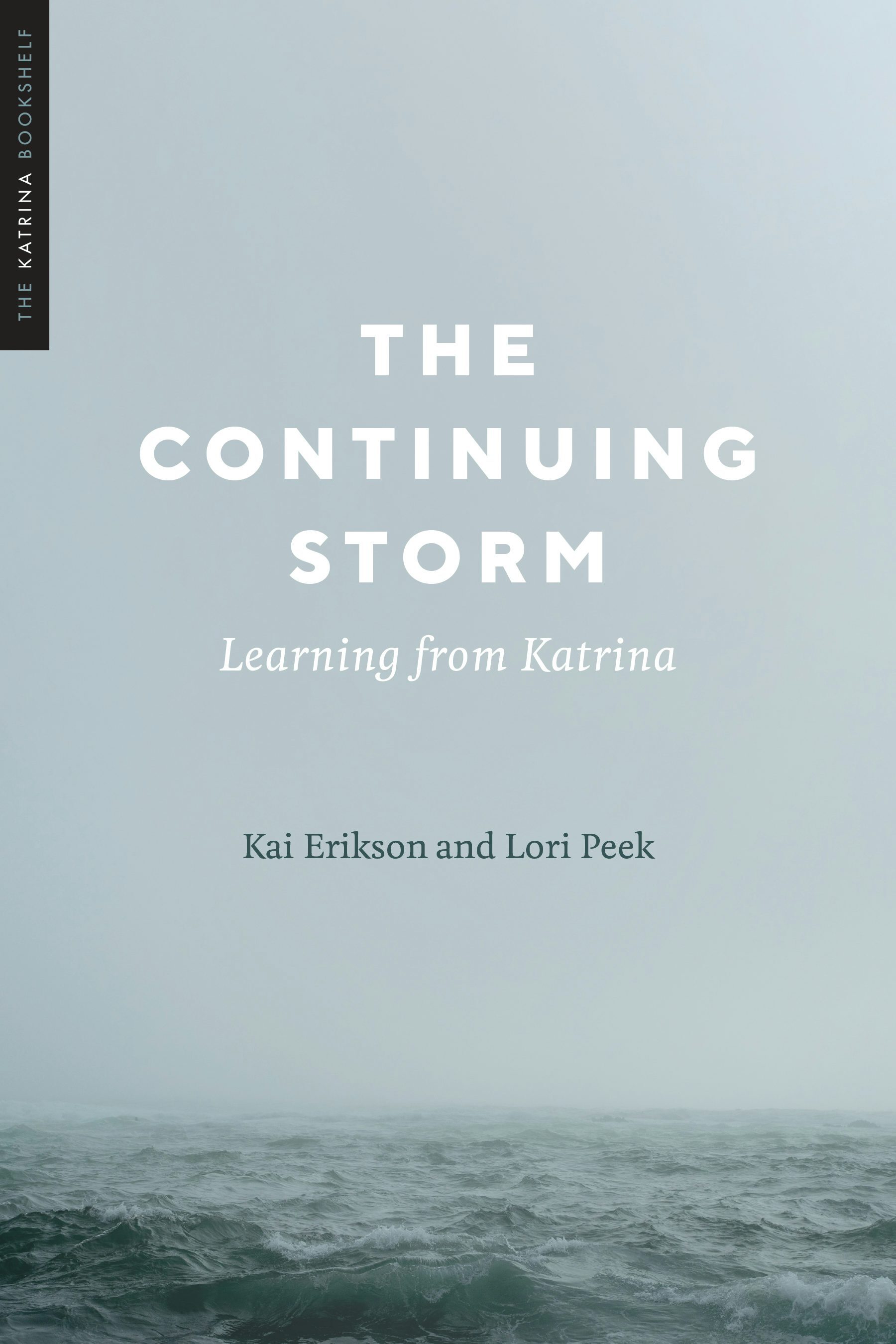
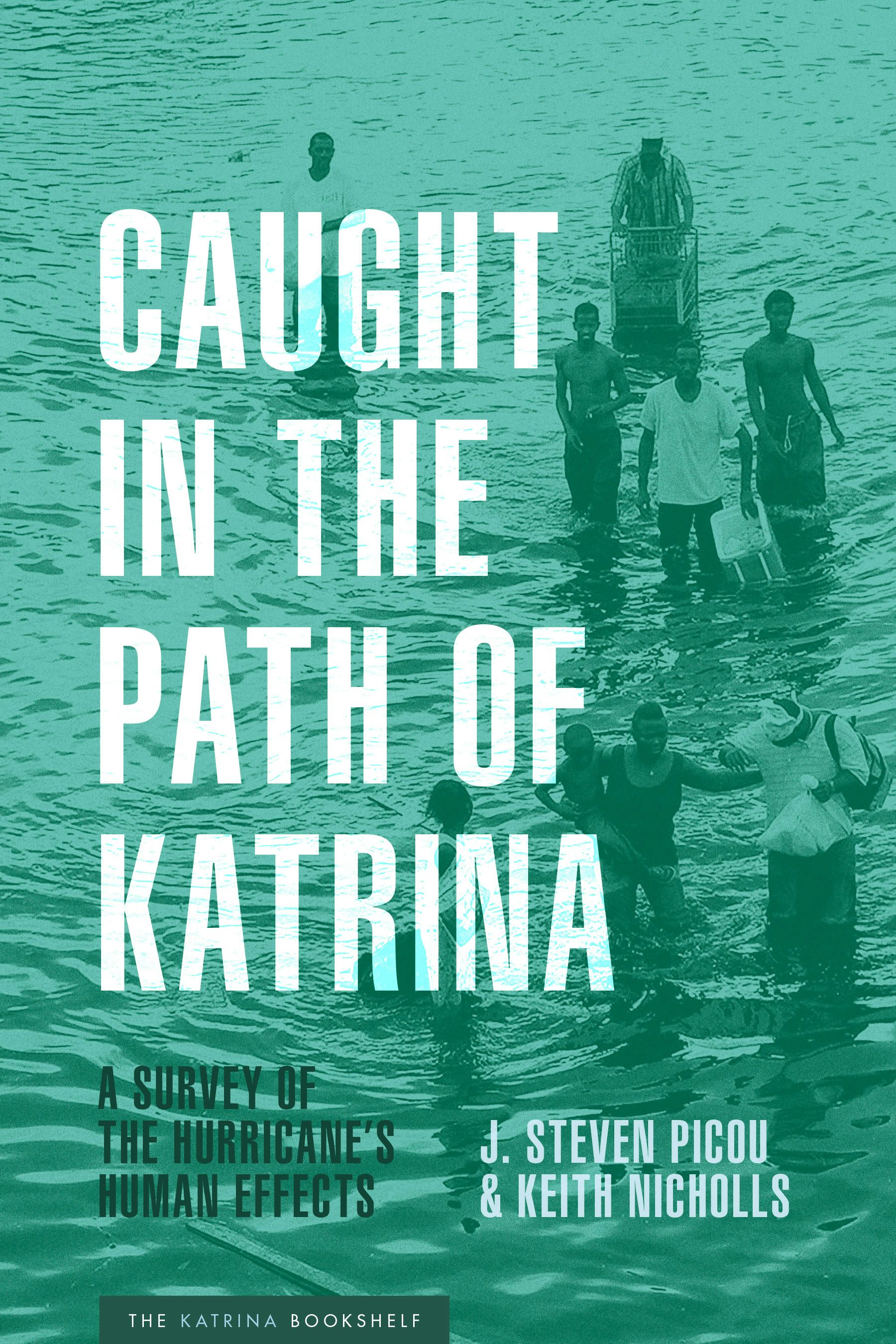
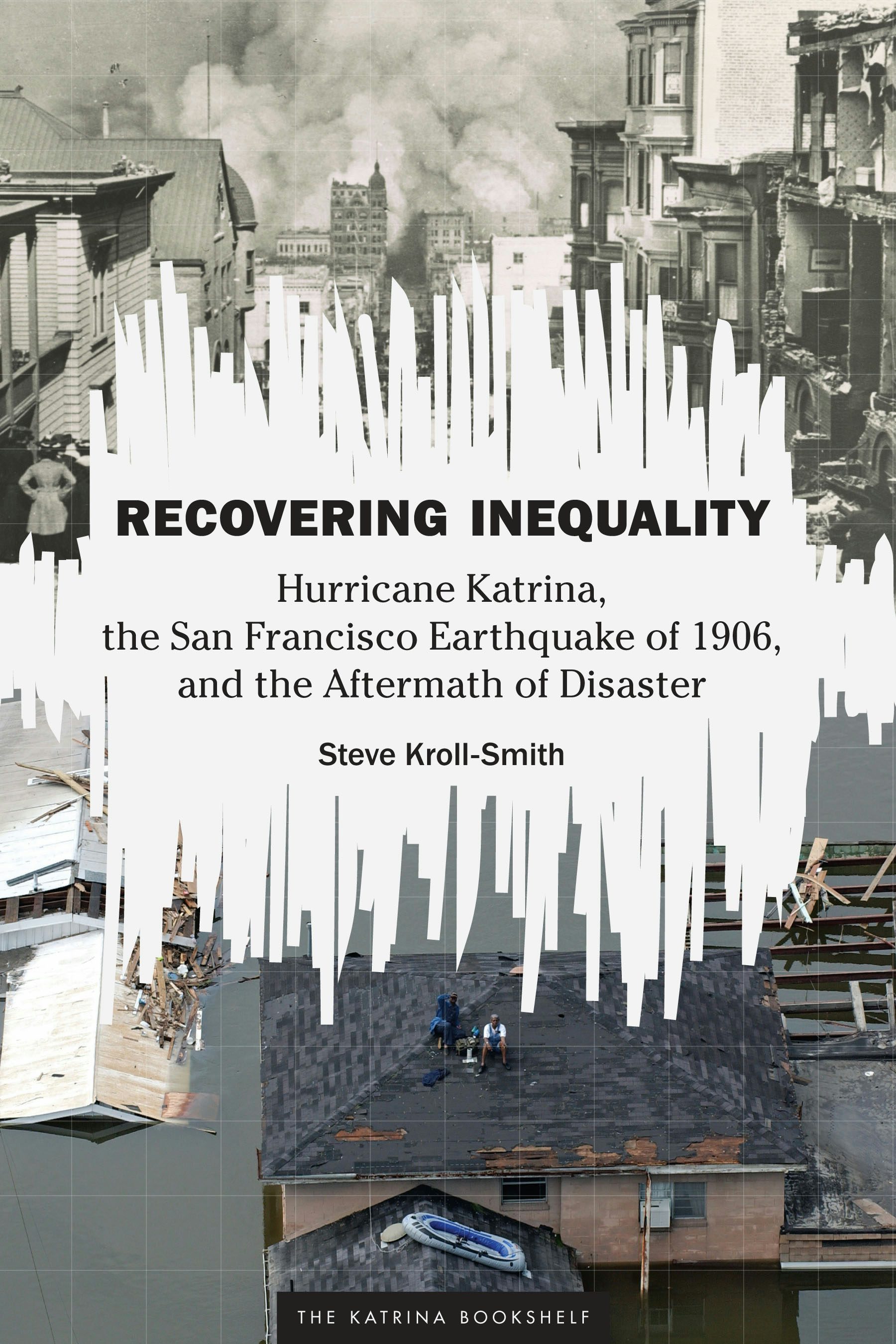
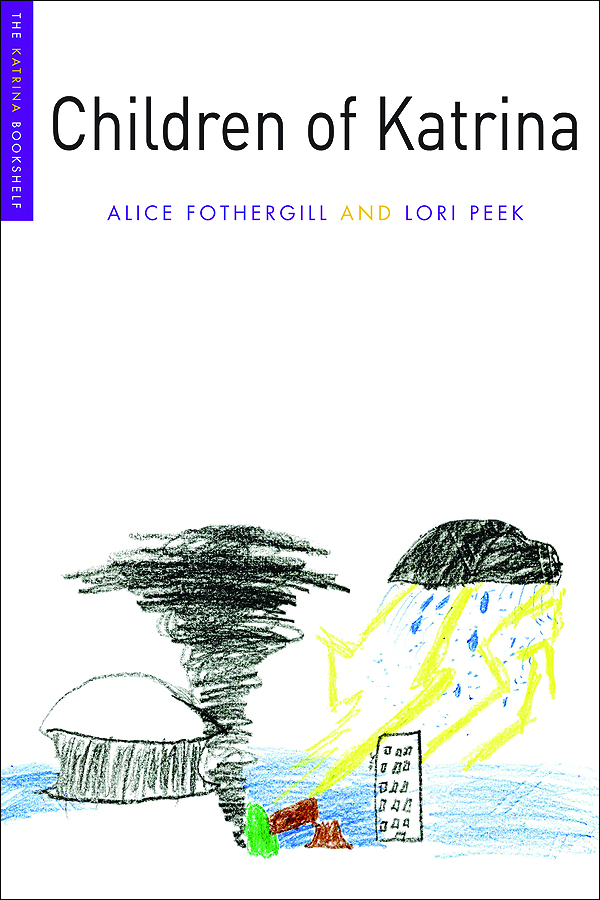
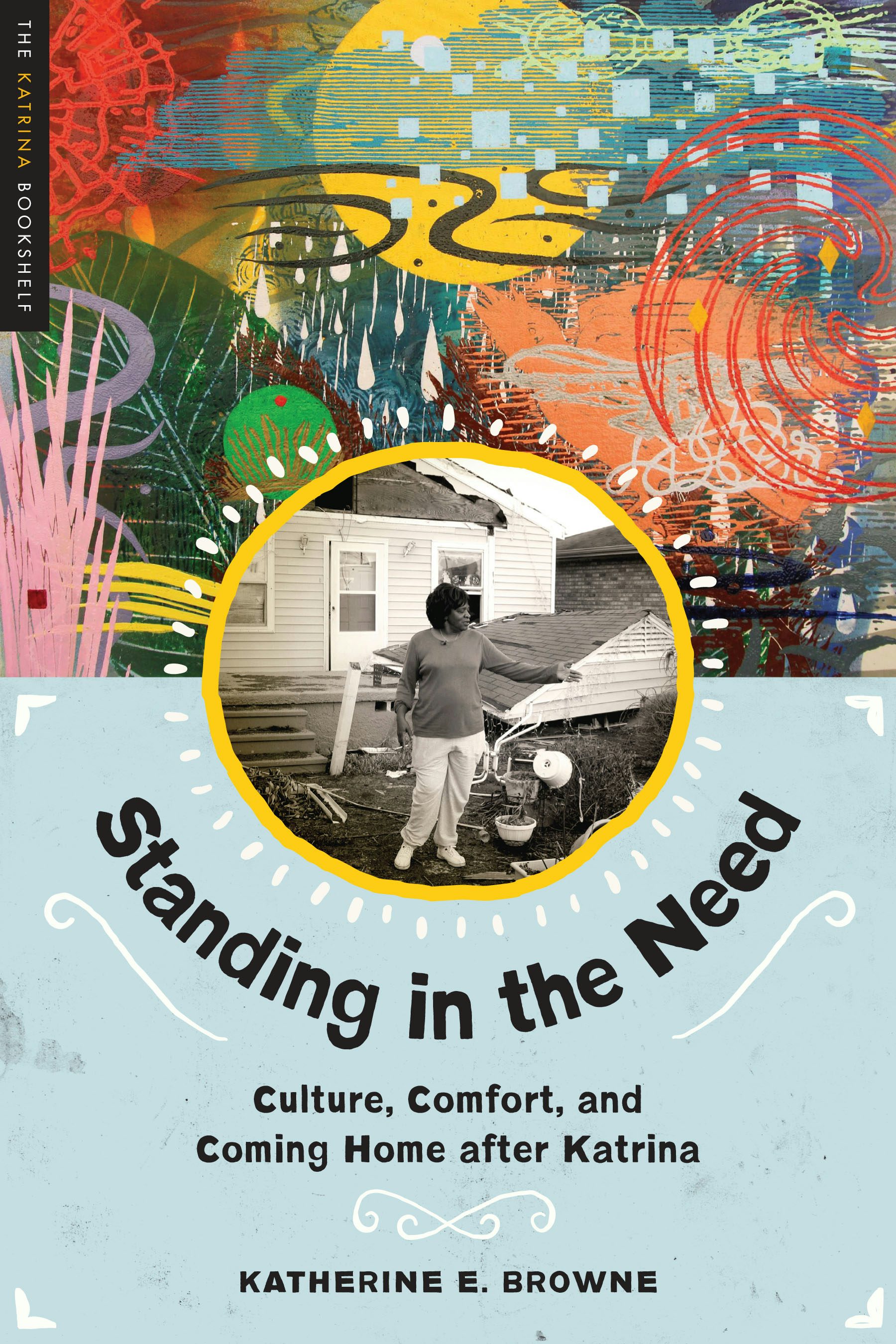
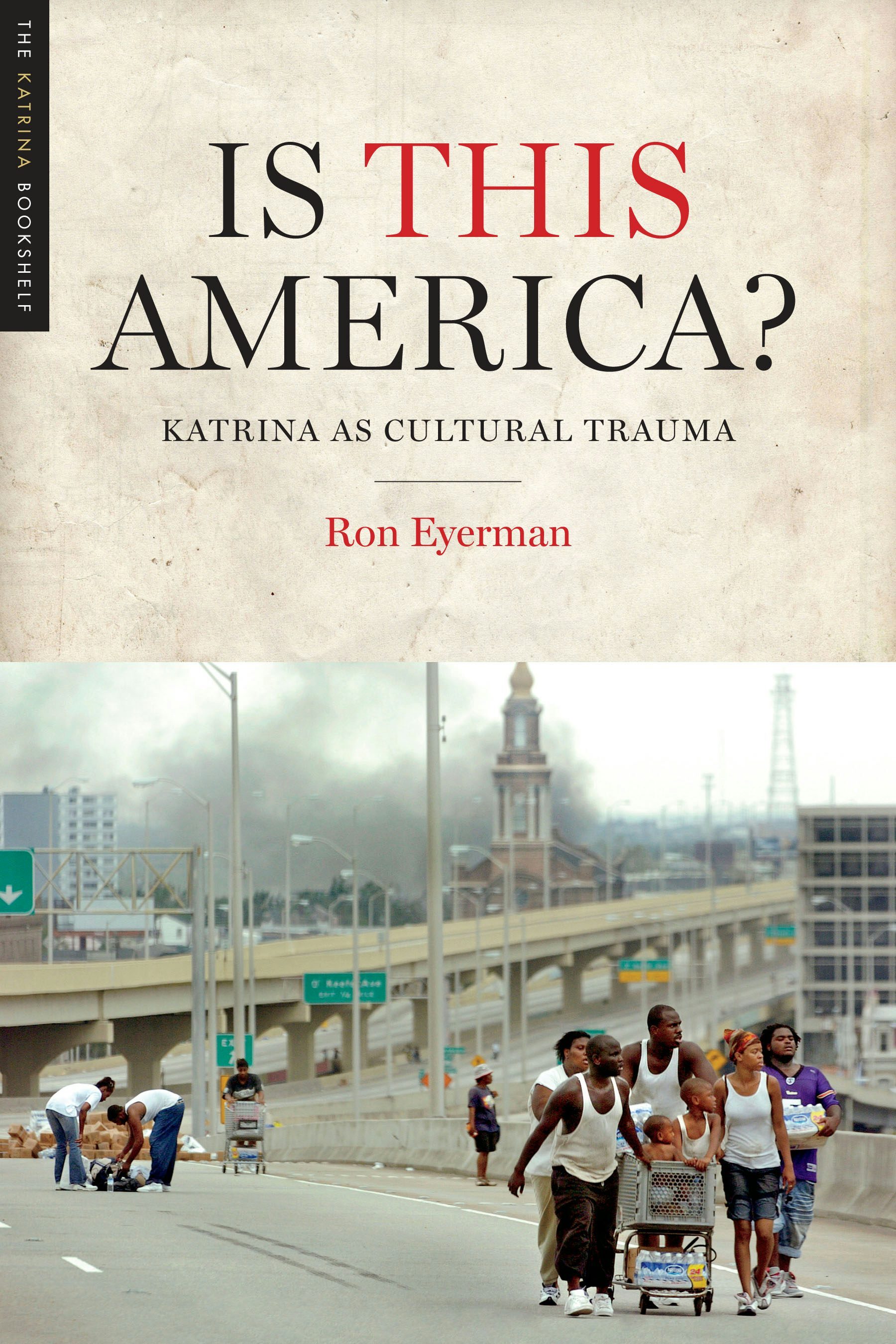
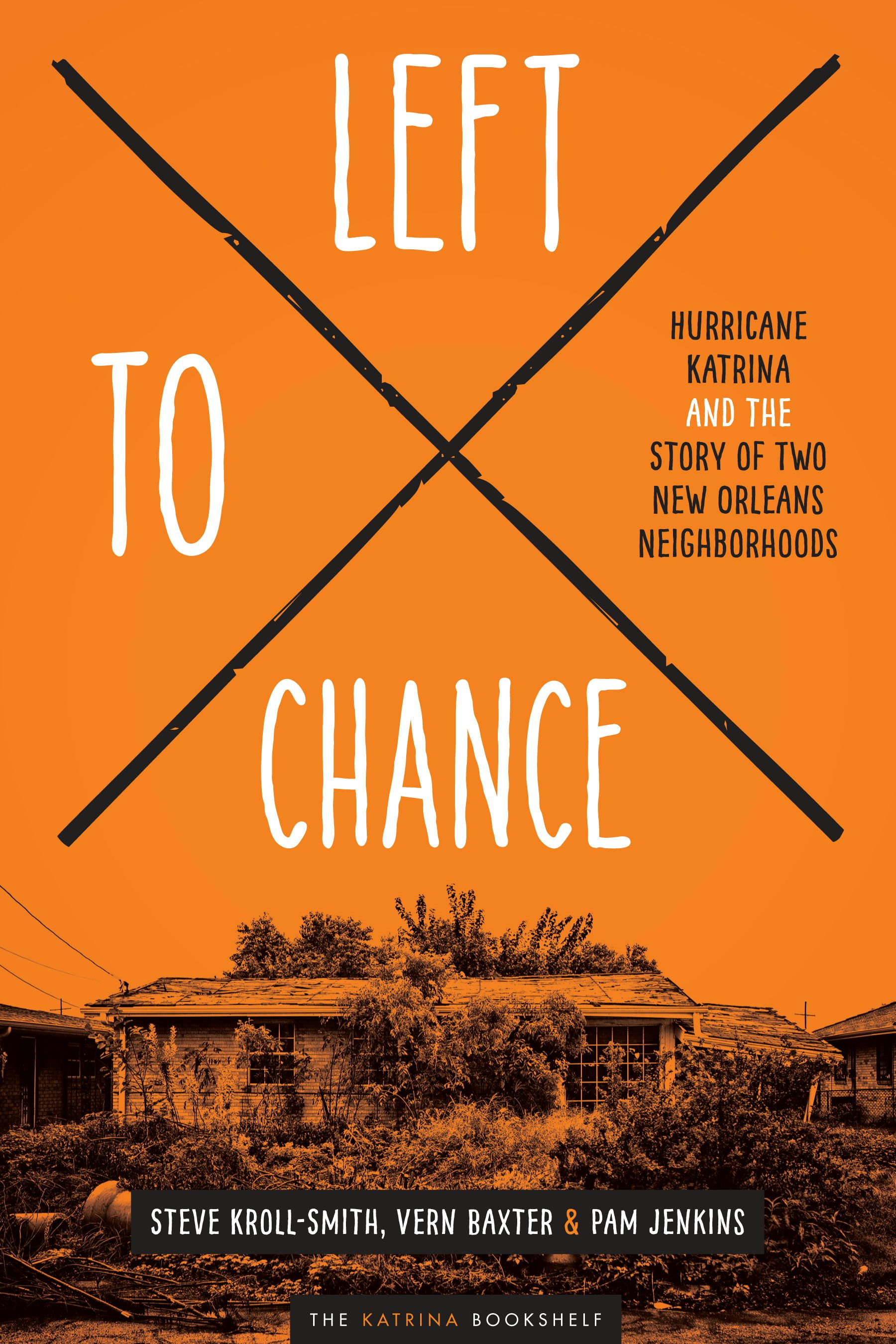
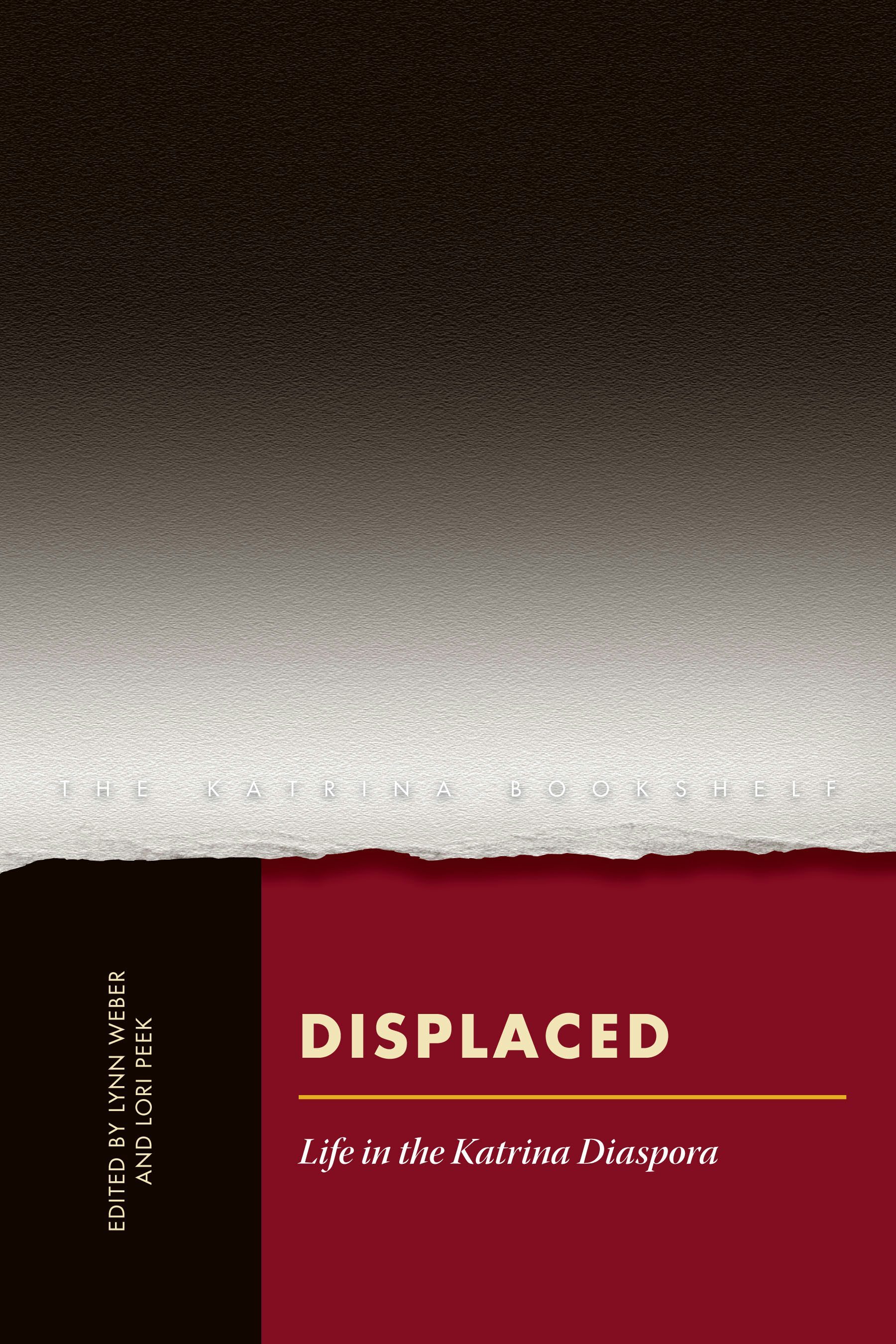

Vern Baxter is an emeritus professor of sociology at the University of New Orleans. His book Left to Chance: Hurricane Katrina and the Story of Two New Orleans Neighborhoods, examines two African American neighborhoods—working-class Hollygrove and middle-class Pontchartrain Park—to learn how their residents experienced “Miss Katrina” and the long road back to normal life. He is also the author of Contingency, Class, and Miss Katrina, a longitudinal study of the experience of disaster with Steve Kroll-Smith and Pam Jenkins.
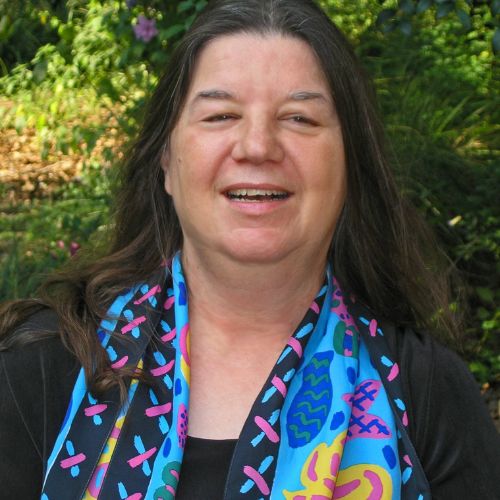
Pamela Jenkins is an emerita professor of sociology and faculty in the women’s studies program at the University of New Orleans. She is the co-author of Left to Chance: Hurricane Katrina and the Story of Two New Orleans Neighborhoods and Contingency, Class, and Miss Katrina.
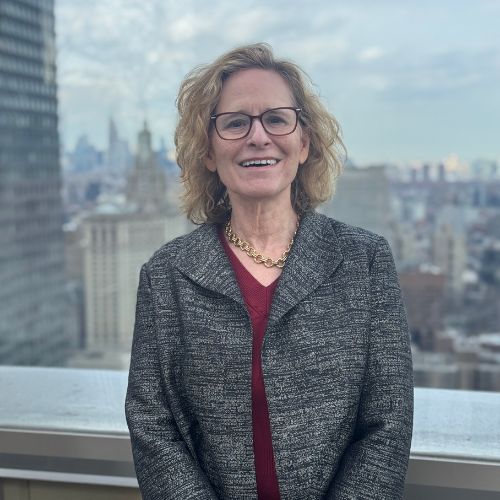
Jacquelyn Litt a professor of sociology and women’s and gender studies at Rutgers University-New Brunswick. Her research, which was a central contribution of Displaced: Life in the Katrina Diaspora, focused on practices of informal assistance among African American women survivors post-Katrina.
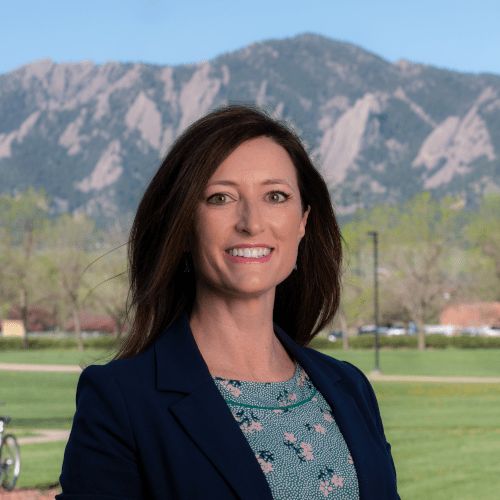
Lori Peek is director of the Natural Hazards Center and professor in the Department of Sociology at the University of Colorado Boulder. She is co-editor of Displaced: Life in the Katrina Diaspora. She is also the co-author of Children of Katrina, which offers one of the only long-term, multiyear studies of young people following disaster, and The Continuing Storm, which assesses the storm's ongoing impact on individual lives across the wide-ranging geographies where displaced New Orleanians landed.

Steve Kroll-Smith is a emeritus professor of sociology at the University of North Carolina at Greensboro and was formerly a research professor of sociology at the University of New Orleans. Kroll-Smith is a coauthor of Left to Chance: Hurricane Katrina and the Story of Two New Orleans Neighborhoods. He is also the author of Recovering Inequality, a comparative exploration of Hurricane Katrina and the 1906 San Francisco Earthquake.